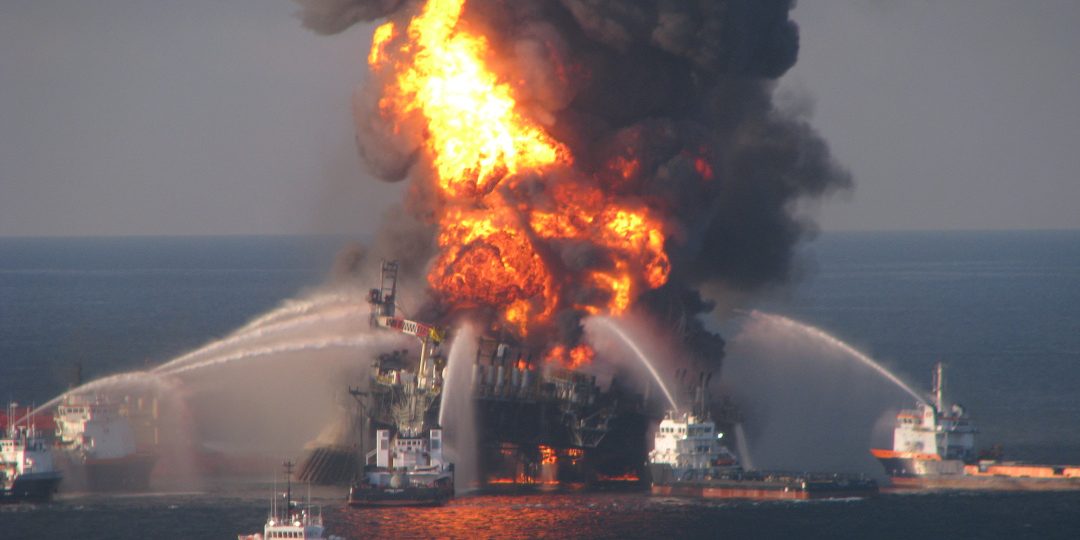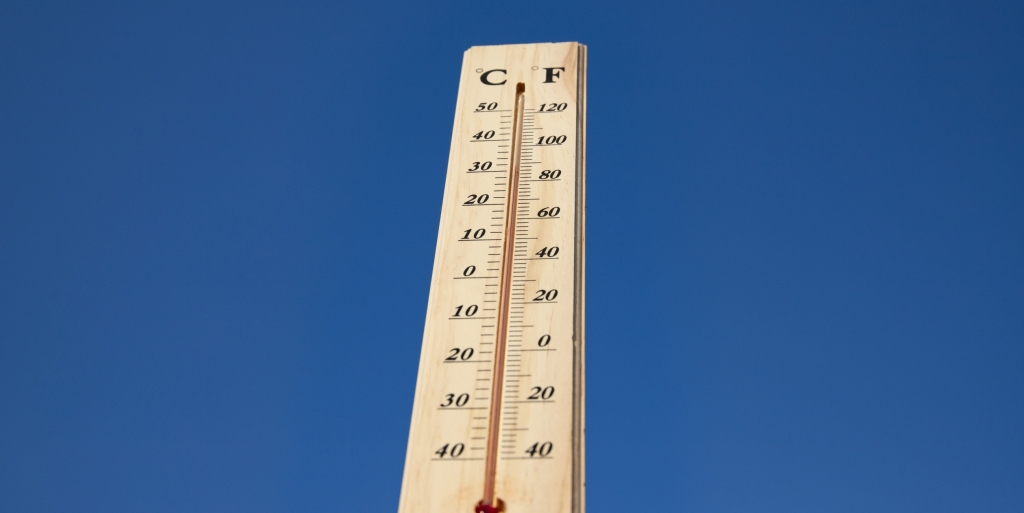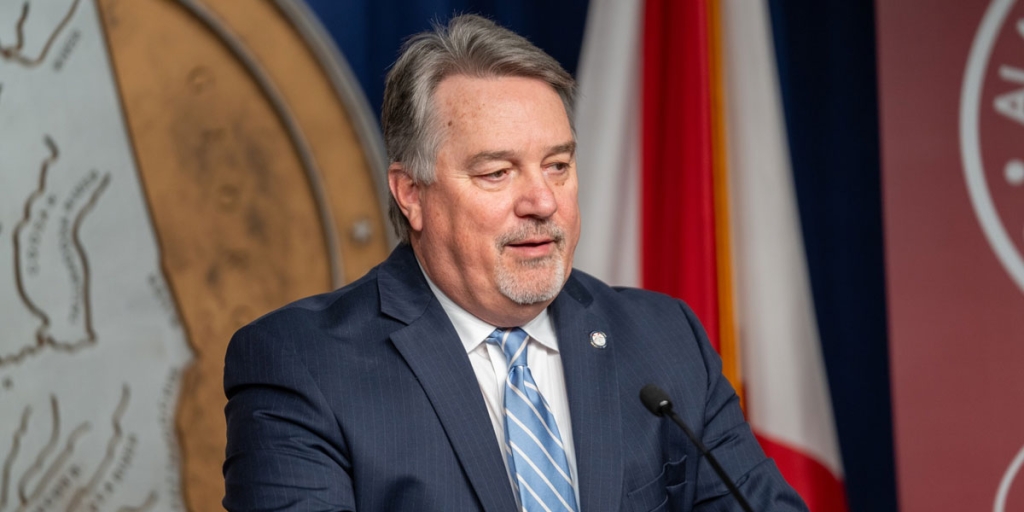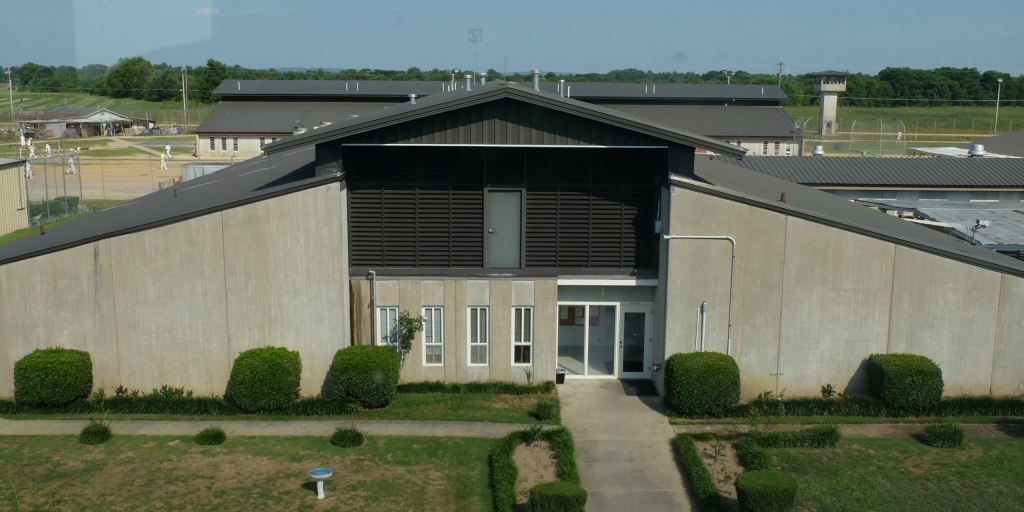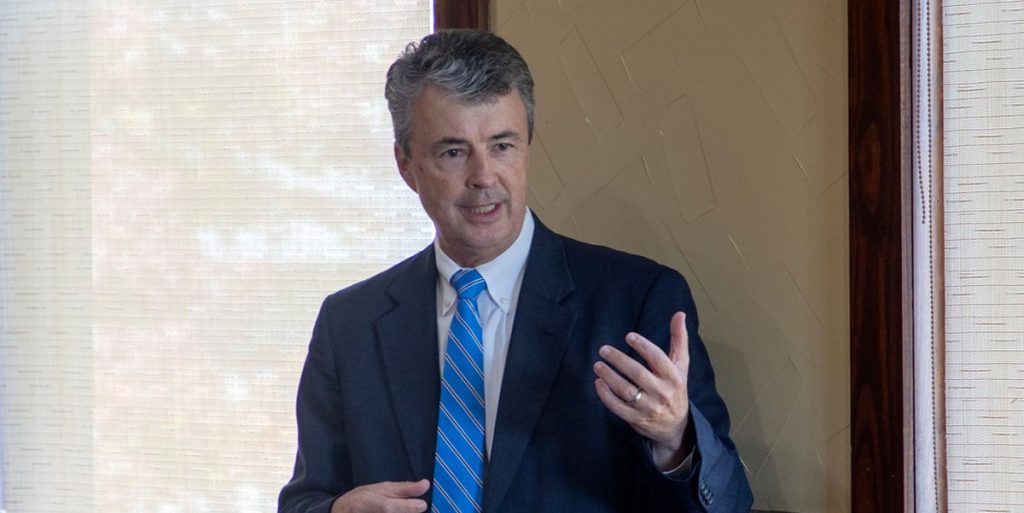Nearly 14 years ago, an explosion occurred on the Deepwater Horizon drilling platform in the Gulf of Mexico killing 11 men.
The April 20, 2010 explosion caused the rig to sink and started a catastrophic oil leak from the well.
Before it was capped three months later, approximately 134 million gallons of oil had spilled into the Gulf, the largest offshore oil spill in U.S. history.
The spill also crippled natural resources — such as fish, bottom-dwelling organisms, nearshore ecosystems, birds, sea turtles, and marine mammals — and lost recreation resulting from the spill.
BP has been assessed more than $8 billion since then for the gulf’s restoration. The Alabama Trustee Implementation Group was formed to manage the funds and distribution.
The trustees are proposing to commit $1,881,237 in additional funds to marine mammal restoration in Alabama. The money would extend the enhancing capacity of the Marine Mammal Stranding Network in Alabama (ALMMSN) for at least three years, utilizing the remaining Marine Mammal Restoration Type funds.
The project was given a no-cost extension in early 2023, allowing it to operate through the end of this year. This proposal would allow the MMSN to continue to operate through at least 2027.
The funds would pay for staff time, equipment and supplies, and sample analyses. The network is operated out of the Dauphin Island Sea Lab. The proposed extension would allow it to continue to use and expand its infrastructure to rescue stranded whales, dolphins, porpoises, and manatees.
Sadly, sometimes marine mammals are found dead or cannot be rescued. In those circumstances, ALMMSN collects basic stranding data and performing necropsies on the dead cetacean. This extension would allow ALMMSN to better respond to live or dead stranded cetaceans, to necropsy animals, and to analyze samples collected from cetaceans stranded in Alabama waters to better understand the causes of marine mammal illness and death.
The information collected by ALMMSN should help wildlife managers better mitigate impacts on marine mammals from natural and man caused threats anthropogenic as they work toward a better understanding of the causes of illness/mortality in dolphins and the early detection and intervention of both manmade and natural threats.
The public may comment on the draft Supplemental Restoration Plan II and Environmental Assessment: Marine Mammals through April 18.
The trustees implementation group’s plan is funded by the financial settlement agreement from the Deepwater Horizon explosion and oil spill disaster. Scores of marine mammals in the Gulf were negatively impacted by the disaster along with other Gulf Coast marine life.
To connect with the author of this story, or to comment, email [email protected]




